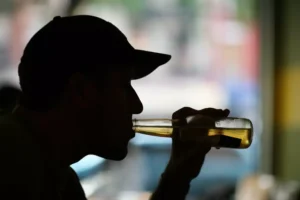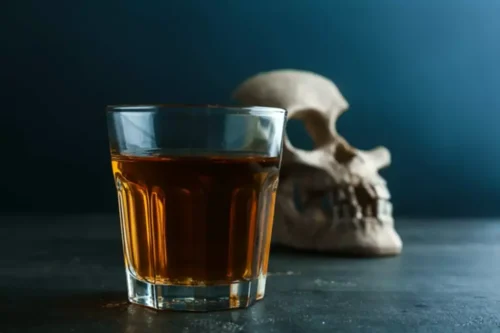
These cravings and compulsions to leave detox and relapse may be overwhelming and extremely difficult in the moment. This makes it more likely that the person will overdose if they do relapse, with drugs like opioids having a greater effect than what a person was used to before they discontinued their use. And, even without the risk of overdose, relapses can be demoralizing to those who experience them and damaging to those who may not easily be persuaded to begin the recovery process a second time in the future.
Alcohol withdrawal syndrome vs. a hangover
The symptoms most commonly begin between 6 to 24 hours after your last drink. Still, some symptoms — often more severe — can set in after 2 to 3 days. The CDC defines it as more than 15 drinks per week for people assigned male at birth and more than 8 drinks per week for people assigned female at birth. With long-term heavy alcohol intake, your brain adapts to the effects of booze over time. This physiological dependence triggers withdrawal symptoms if you suddenly stop drinking or significantly reduce alcohol consumption. Approximately one in 10 people with alcohol withdrawal syndrome are affected by seizures.7 If left untreated, up to one in three of these patients go on to experience delirium tremens.

Linking Withdrawal to Alcoholism Treatment
Alcohol withdrawal delirium (AWD), commonly known as delirium tremens (DT), is the most serious symptom of alcohol withdrawal. There are several mild to moderate psychological and physical symptoms you might experience when you stop drinking. Behavioral treatment programs are helpful for people who want to quit drinking. These programs involve working with a team of mental health professionals in a group and individual setting. Alcohol withdrawal symptoms range from mild but annoying to severe and life-threatening.
- Some have the same symptoms as on day one and ask, “How long does this last?” The urge to relieve those withdrawal symptoms with a drink can be overwhelming.
- Chronic alcohol use can cause complex changes in their brain, including to the neurotransmitters dopamine and gamma-aminobutyric acid (GABA), which affect excitement and a person’s sense of reward.
- Furthermore, barbiturates have a narrow therapeutic index—that is, the difference between the minimum dose required for a therapeutic effect and the dose at which the agents become toxic is small.
- If you drink heavily for weeks, months, or years, you may have unwanted physical and mental symptoms when you try to stop.
Day 63

Individuals experiencing mild symptoms could receive home treatment alcohol withdrawal with the help of close friends and family members. However, if symptoms worsen, it is advisable to seek immediate medical attention so that individuals receive appropriate treatment. Symptoms can range in severity, and it’s essential to have your symptoms evaluated by a medical professional. Your doctor may also use a questionnaire like the Clinical Institute for Withdrawal Assessment for alcohol revised scale (CIWA-Ar) to determine the severity of your withdrawal symptoms. When you engage in chronic heavy drinking, your brain adapts to the presence of alcohol in your blood to maintain homeostasis (a balanced state). As your brain grows accustomed to higher blood alcohol concentration levels, it starts to rely on alcohol to function properly.
- “Feeling much better. Very slight discomfort in the chest occasionally. No sweating. Disturbed sleep? Yes. But I guess in a few days, I should be fine.”
- Less frequently, people can develop severe symptoms of alcohol withdrawal syndrome.
- Similarly, many neurotransmitters and mechanisms probably are involved in AW.
- This instrument rates 10 withdrawal features, takes only a few minutes to administer, and can be repeated easily when necessary.
- Behavioral health treatment for alcohol problems is often (but not always) covered by insurance.
- Comprehensive patient care entails acute management and outpatient support in the hospital setting.
- Outpatient alcohol detox may be a good fit for people at low risk for severe withdrawal.
- And when withdrawal stretches on, hour after hour, one’s body, mind, and behavior can all conspire together to make one crave and long for another dose to take the pain away.
- These symptoms generally appear 12 to 24 hours after your last drink.
- Depending on the severity of your symptoms, your doctor may recommend monitoring a medical setting or at home.
- Stopping drinking abruptly can lead to seizures and can even be fatal.
She adds that withdrawal can also occur after a significant reduction in alcohol consumption. If you feel that you sometimes drink too much alcohol, or your drinking is causing problems, or if your family is concerned about your drinking, talk with your health care provider. Other ways to get help include talking with a mental health professional or seeking help from a support group such as Alcoholics Anonymous or a similar type of self-help group. Although severe withdrawal symptoms can take up to a year to fully recover from, most people feel better within a week of stopping drinking. A rare but very serious syndrome called delirium tremens can occur during alcohol withdrawal.
